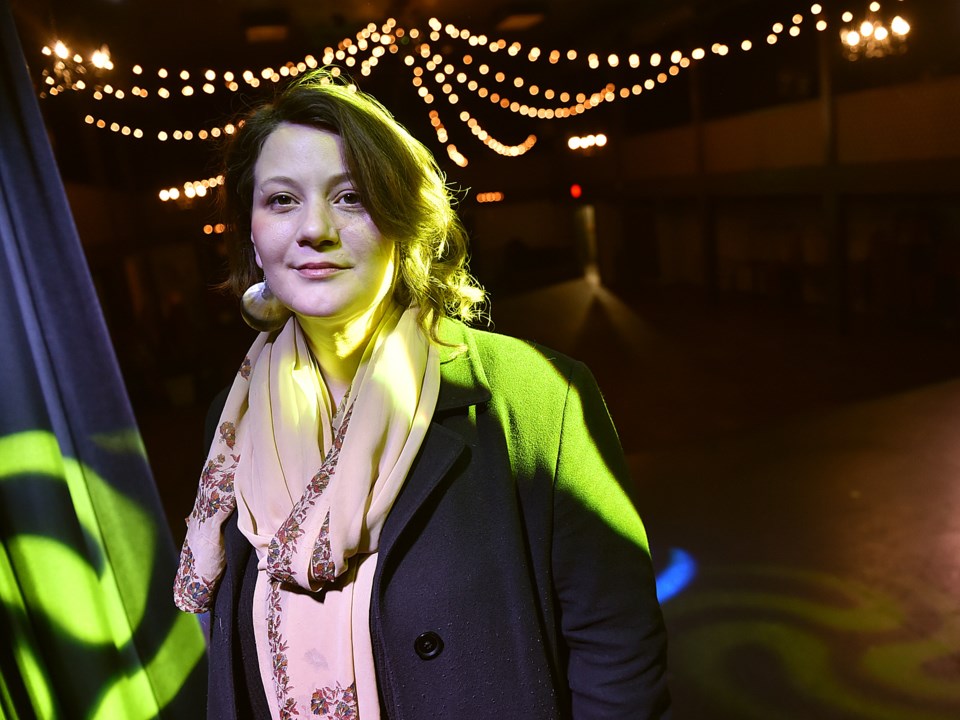With an election looming and the anticipated power shift it will bring, Jasmine Liddell figures the time is right to get the band together.
That band is a chorus of voices from across the city’s live music and performing arts groups. Liddell’s intention is to create a collective that will speak to the challenges Vancouver artists face, and lobby future council candidates to do something about it.
“We’re really just starting to scratch the surface of what this might look like, but everybody has issues with different spaces around the city and you hear about them constantly,” said Liddell, who manages East Vancouver’s WISE Hall.
Liddell has been kicking the idea around for months, though changes abroad crystallized her decision to act locally.
Recent media reports out of Britain suggest that laws changes in that country will see the onus put on developers, rather than venue owners, when it comes to soundproofing measures. The proposal was supported by uber famous musicians including Paul McCartney, Pink Floyd’s Nick Mason, the Kinks’ Ray Davies and Chrissie Hynde of the Pretenders.
The issue of neighbourhood noise is familiar for those at the WISE, as a crowdfunding campaign raised $11,000 for soundproofing materials in response to complaints in 2013.
“I saw the article, and I was like ‘OK this has been on my mind for too long now,’ so now I put it out into the ether and see what happen,” she said.
Outside of the looming election, Liddell’s timing aligns well with a city-led initiative called the Creative City Strategy.
Having kicked off last fall and still in its infancy, the program’s intended to bridge the gap between arts communities and the city to better understand present challenges and tackle future problems.
Though the final recommendations don’t go before council until late 2018, some interesting numbers are found in the initial report from October 2017. City stats suggest there are more than 7,900 working artists in the city, representing 2.3 per cent of the overall labour force. More than 33,000 cultural workers are employed in Vancouver, roughly 10 per cent of the labour force.
However, the canary-in-the-coal-mine stat is found here: 51 per cent of Vancouver’s labour force claims a total income of under $40,000 annually. For artists, that number jumps to 65 per cent.
“With the high cost of living in Vancouver, less people have disposable income,” Liddell said. “How do you support arts and culture in that environment? It just seems like the time is right.”
While noise was the touch point to kick off Liddell’s efforts, she’s casting the net wider than soundproofing alone. Any problems facing the arts community are welcome, along with ideas around pooling resources and lobbying for legislative change.
To that end, Liddell plans to organize all-candidates meetings closer to the October election to quiz would-be council members on how they’d address problems facing Vancouver’s arts and culture groups. Liddell doesn’t have a timeline for the group’s first meeting just yet, and is still in the process of casting the net out to those in the community.
Those interested in taking part can email [email protected].
@JohnKurucz
[email protected]


